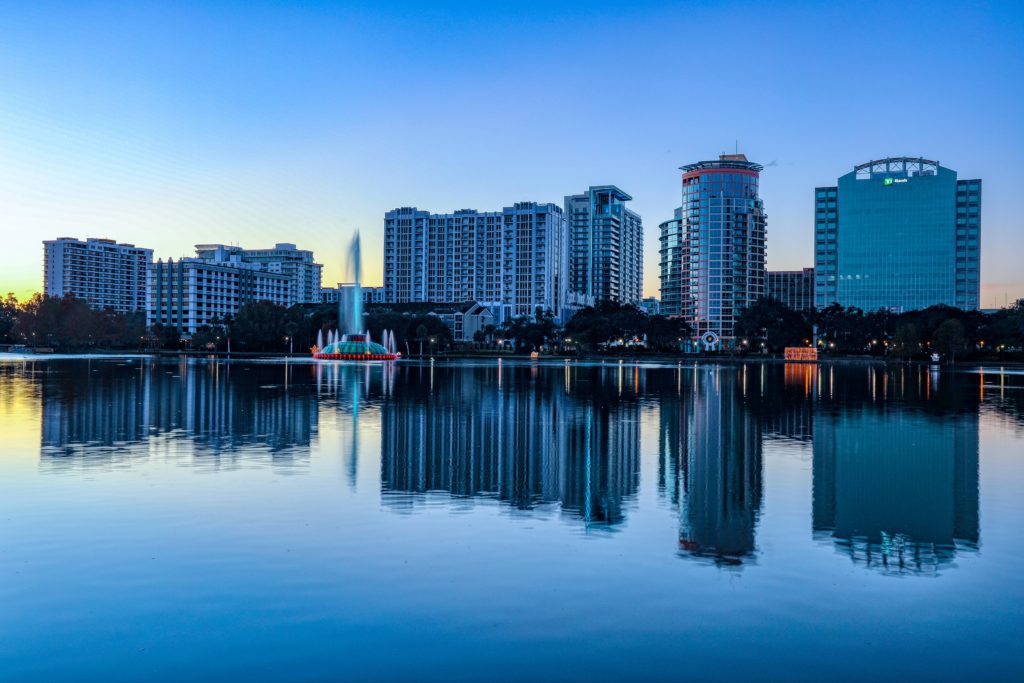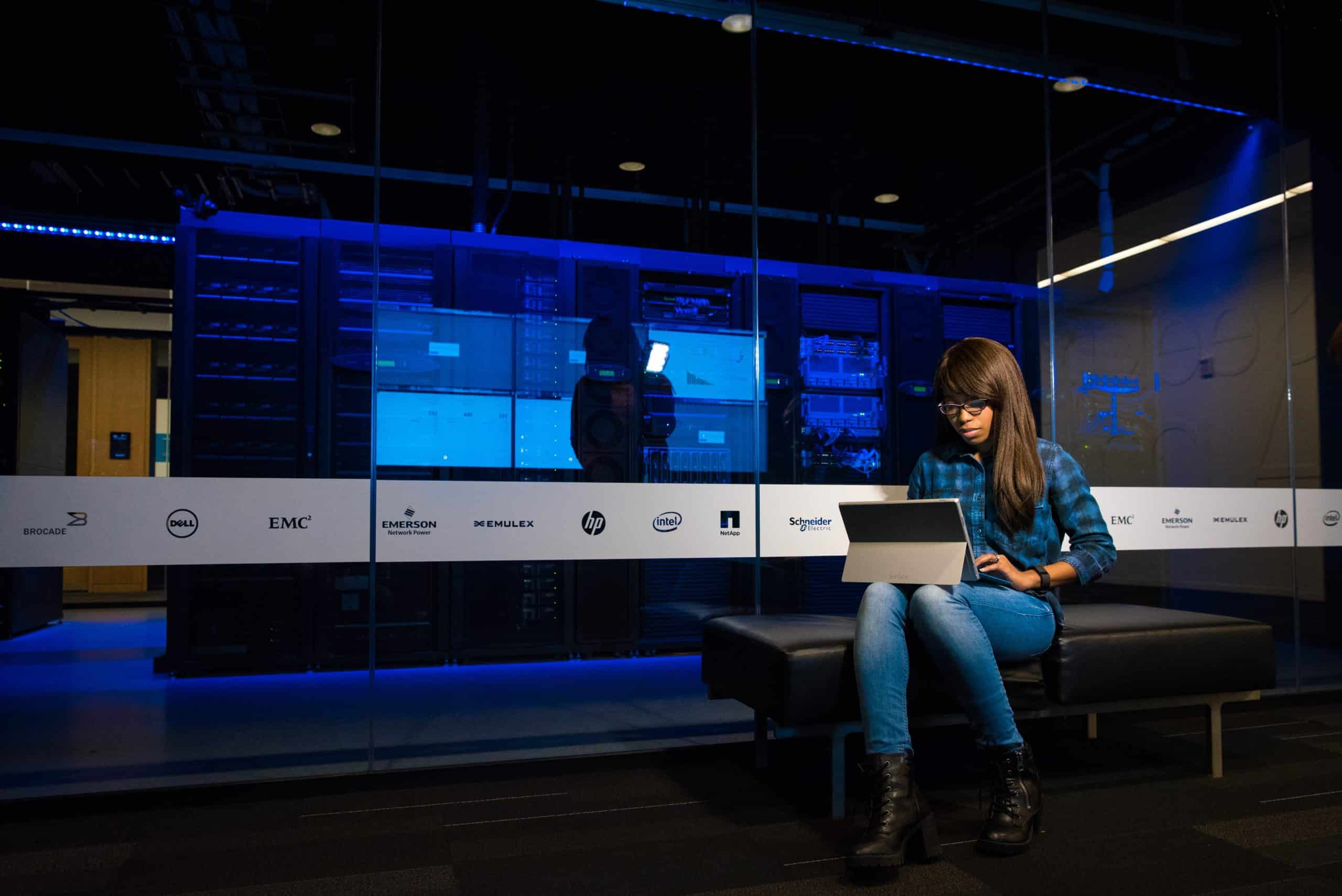Exploring Business Continuity and Disaster Recovery Options for Your Orlando Business
As you and your team start to review what is needed to meet your business needs or if you are now required to have a business continuity plan (BC plan) as part of your IT disaster recovery plan (DR plan), you are probably starting to search what your options are in Orlando, FL. In this post, we will go over the common options you have and what most clients decide to do for the business continuity and disaster recovery plan needs.
First, what is a disaster recovery plan?
A DR plan is a formal and structured plan that is written, reviewed, and practiced so all employees know what is to be expected during different types of disasters. This reduces the stress of making a decision in the middle of a disaster along with streamlining the process of bringing your business back to “operational” faster.

Options #1 – Do-It-Yourself
The first disaster recovery solutions option is the do-it-yourself option or DIY. Choosing this option was great early on before things with information technology became more and more complex. In the early days, you were able to set up your server or a cluster of servers, purchase backup software, purchase a backup server and that was that. There were countless businesses on this type of model in the early and mid-2000s and only into the late 2000s and early 2010s did we see a large shift to newer models.
Why did people start to move away from the DIY model for business continuity and disaster recovery plans? The reasons are not always the same for each company, but there are a few good reasons that most have in common. The first is the difference between CAPEX and OPEX. More and more companies are valuing having the cash on hand or using it for other assets compared to paying that monthly fee in an OPEX model. If you pick the right provider, then your monthly bill will be predictable and provide you with a smooth cash flow compared to the lumpy software license purchase, hardware purchase, and employees to manage the environment. Hardware companies like Dell are even aware of this and can offer more monthly subscriptions to cover some needs.
Second is the shift in requirements from both business leaders and outside vendors such as insurance companies. Simply having one backup copy is no longer enough to satisfy even the most basic business insurance policies. Read more about the 3-2-1 Backup rule here. Offsite backups have become a standard and this will require the purchase, deployment, and management of the secondary offsite location.
The third is the increased requirements around restore point objectives and restore time objectives, also known as RPO and RTO. Read more here about the difference between RPO and RTO. As business leaders want the ability to restore their data faster and have less data loss between the failure and the actual backup, the increase in complexity of backups has only skyrocketed with a focus on cloud disaster recovery issues. This has left some teams scrambling to learn in their off time or simply not meet the growing business demands which will lead to a catastrophic failure for the business down the road. This is one of the main drivers for new clients to come to Secure Packet. When you have lost some or all of your data, it is obviously the worst time to start to take action. There are a good amount of times when that data will be lost forever.
The last common reason for the move away from the DIY model for your business continuity and disaster recovery plan is man hours. Secure Packet’s new clients usually say the same thing where their IT staff is currently overworked and simply does not have the time to tackle all the outstanding issues, let alone any new projects that would help push the company forward. Most of Secure Packet’s clients in Orlando, FL are looking to offload the common tasks that their IT faces daily to a provider that performs that same task for hundreds or thousands of clients. This allows your IT team to focus on your company’s and employees’ needs since that usually involves a more detailed understanding of a business’ needs.

Option #2 – Hybrid Colocation or Cloud Type Services
The second option for your business continuity and disaster recovery plan in Orlando, Florida is to utilize a hybrid approach. This is where you will outsource portions of your BC and DR plans to a service provider like Secure Packet. Whether you want to outsource the licensing, onsite data storage, offsite data storage, management, or a mixture of all the above then a service provider like Secure Packet would be a great fit. You can offload the component that takes too much of your IT team’s attention and man hours. One sub-option here is to outsource the offsite location to a colocation provider and you can manage the rest of your needs including firewall, servers, networking, etc. This option has become less and less used as Cloud has become a well-known resource that has had trust rise over the past decade. Cloud based disaster recovery solutions have been gaining traction as they have gained trust over time. Keep in mind that not all Cloud providers are made equally and some will be a better fit for your needs than others, especially when budget and support come into play. Hyper-scale Cloud providers like AWS or Azure are great resources, however, they have their own documented failures along with higher price tags.
Option #3 – Business Continuity and Disaster Recovery as a Service
Business continuity and disaster recovery as a service have really taken off with Secure Packet’s clients and the industry as a whole. This service will usually take care of 95-99% of all the BC and DR needs, which would leave your team with basics like coordinating a new user backup plan or a new server plan with the service provider. The server hardware, networking, encryption, licensing, offsite locations, etc. are all taken care of by the service provider. For example, if you are in Orlando, FL looking for an offsite backup location, you are usually required to be 50 to 100 miles away from your primary site and most decision makers looking to choose another region in their country or continent depending on your geography. So the service provider would work with you to decide what is the best location for your company’s needs in case of a disaster.
Deployment and maintenance usually take minimal interactions from your team outside of providing a list of servers and server information. From there, the documentation portion of planning takes over to ensure all locations where data is stored are covered and a review of cost, options, RTO, RPO, and more are reviewed to finalize your BC and DR plan that fits your needs.
The service provider usually deploys the services required and you will receive a daily, weekly, or monthly report on the status of your backups. Or that also can be offloaded to your service provider so there is one less task for your team to worry about.
Confused about your options?
If you are looking for options for your business continuity and disaster recovery plan in Orlando, FL, reach out to Secure Packet today. We provide free strategy calls to discuss your requirements and options with no obligation to purchase any services from us. Reviewing your server backup options and ensuring all of your data is backed up is critical to your business’ success. Secure Packet is here to help make sense of the complexity involved with your BC and DR plans.
